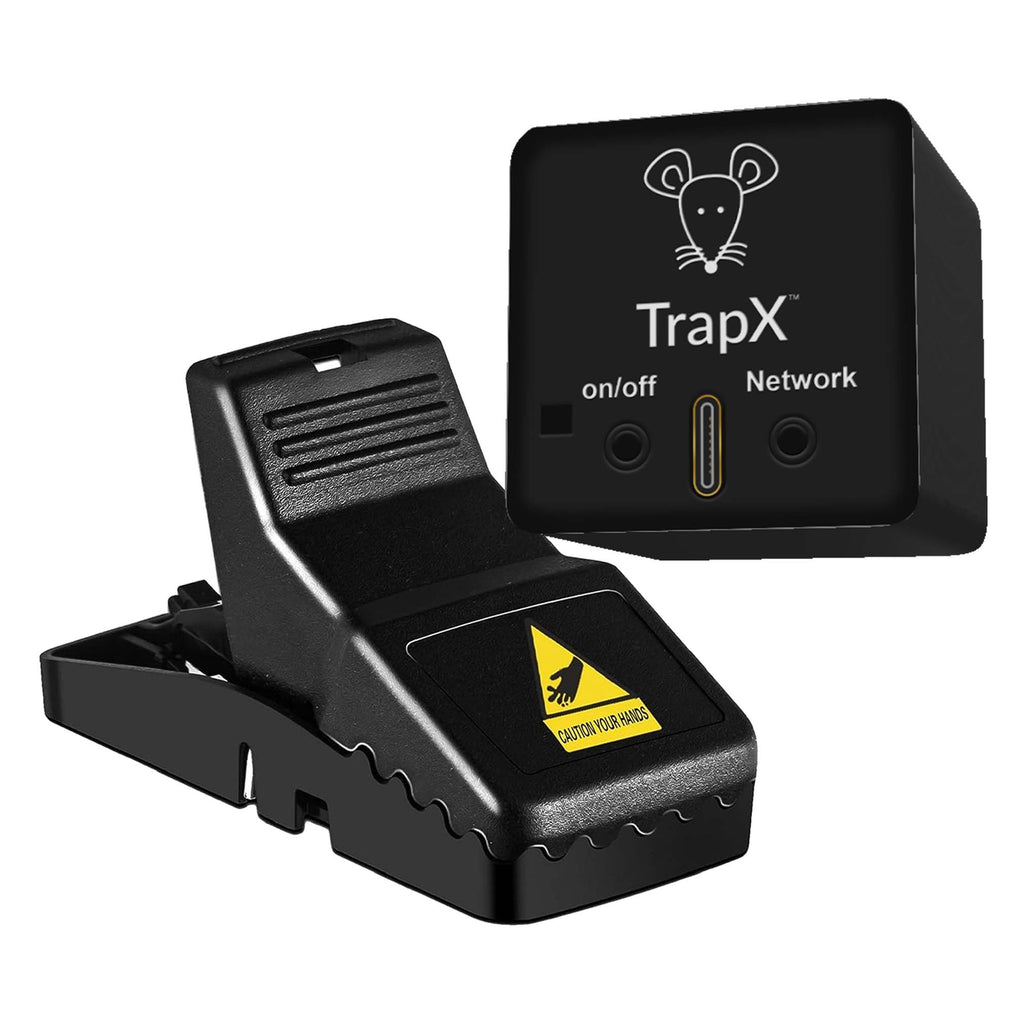Choosing the right pest control spray for your home can often feel like finding a needle in a haystack. With so many options available, one might wonder, 'what is the best pest control spray for your home?' This article will guide you through various types of pest control sprays, effective methods, and essential considerations for selecting the product best suited for your needs.
Understanding the specific pests that invade your space is crucial. Different sprays target different insects; hence, knowing what you are dealing with can save time and effort. Also, it helps to identify sprays based on safety, effectiveness, and environmental considerations.

Identifying Your Pest Problem
Before diving into the vast array of pest control sprays available on the market, it's vital to clearly identify the problem area and the type of pest involved. Common household pests include:
- Ants: These tiny invaders can be persistent and often require baiting strategies.
- Roaches: Known for their resilience, a targeted approach is essential.
- Spiders: Different species necessitate diverse treatment methods.
Common Types of Pest Control Sprays
Once you have identified the pest, the next step is to choose a suitable spray. Here are some prevalent options available, each offering unique benefits:
- Aerosol Sprays: Convenient and easy to use, aerosol sprays effectively target specific pests quickly.
- Organic Sprays: These environmentally friendly options often use plant-based ingredients and are safer for households with pets and children.
- Granular Insecticides: Ideal for outdoor use, granular products can be spread across the yard, targeting pests that infest the soil.

Safety and Environmental Considerations
The choice of pest control spray extends beyond efficacy. Safety should always be a top priority. For instance, many pesticides contain chemicals that can be harmful to humans and pets. To mitigate this risk, consider selecting products with lower toxicity levels, and always read the labels carefully.
Additionally, pesticide safety tips from the Environmental Protection Agency (EPA) can help guide you in making safe choices. Remember, just because a product is available doesn't mean it's the best or safest choice for your household.
How to Apply Pest Control Spray Effectively
Once you've chosen a pest control spray, applying it correctly can significantly influence its effectiveness. Here are some tips for proper application:
- Read the instructions thoroughly before use to ensure you are following recommended procedures.
- Wear protective gear, including gloves and masks, particularly for chemical sprays.
- Apply the spray in cool, dry weather to avoid evaporation and improve adherence.
- Make sure to target crevices and sources of infestations, not just visible pests.

When to Seek Professional Help
While many pest control issues can be resolved with the right spray, sometimes the infestation is severe, necessitating a professional. If you find that:
- Pests are consistently reappearing despite treatment.
- The type of pest is unknown or potentially dangerous.
- Health risks are involved, especially regarding toxic substances.
It may be time to consult a professional pest control service.
Internal Links for Further Insights
To further educate yourself on pest control strategies, consider reading:
Frequently Asked Questions
1. How long does pest control spray take to work?
Most sprays begin to show results within hours, but complete elimination might take longer, depending on the severity of the infestation.
2. Is homemade pest control spray effective?
Homemade sprays can often work well for minor infestations and are usually safer for the environment.
3. Can I spray pest control in my yard?
Yes, many pest control sprays are formulated for outdoor use. Always check the instructions to ensure proper application.
As an Amazon Associate, I earn from qualifying purchases.
